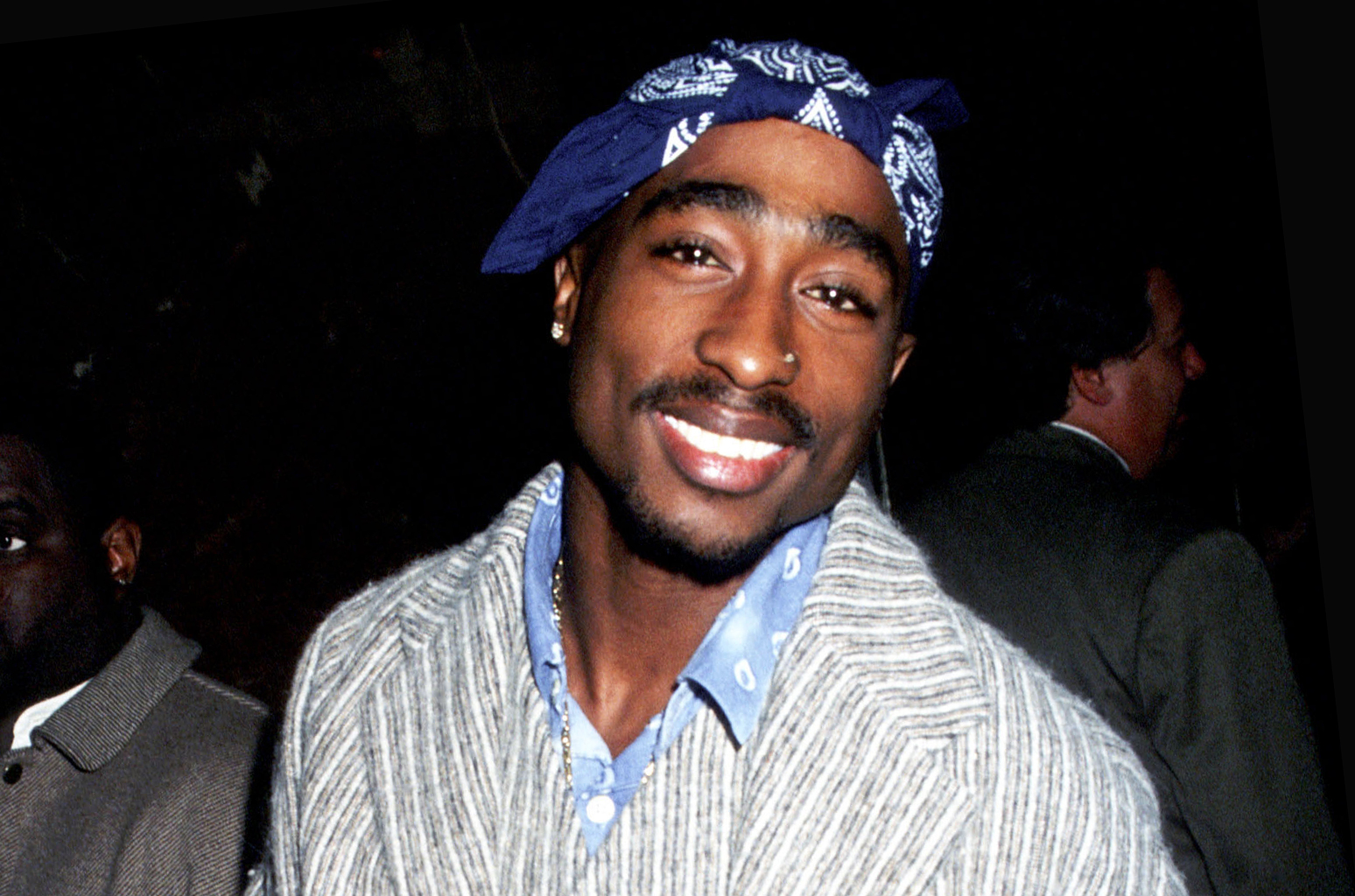Tupac Shakur, widely regarded as one of the most influential figures in hip-hop history, left an indelible mark on music, culture, and social justice. From his powerful lyrics to his activism, Tupac was more than just a rapper—he was a voice for the voiceless. His work continues to resonate with audiences decades after his untimely death, cementing his place as a cultural icon.
Born in Harlem and raised in various parts of the United States, Tupac's life was a whirlwind of creativity, controversy, and charisma. He used his platform to address systemic issues like poverty, racism, and police brutality, becoming a symbol of resistance and hope for millions. Beyond music, his ventures into acting, poetry, and philanthropy showcased his versatility and commitment to making a difference.
In this article, we’ll delve deep into the famous thingx Tupac did that solidified his legacy as a trailblazer. From his groundbreaking albums to his unforgettable public moments, we’ll uncover how Tupac’s contributions transcended entertainment, making him a revolutionary figure in history. Let’s explore the life and achievements of this extraordinary artist.
Table of Contents
- Biography and Early Life
- What Made Tupac a Cultural Icon?
- How Did Tupac Redefine Hip-Hop?
- The Controversy Behind Tupac’s Lyrics
- Tupac’s Influence on Social Justice
- Famous Albums That Changed the Game
- A Poet at Heart: Tupac’s Literary Side
- Acting Career and Hollywood Impact
- What Are Tupac’s Most Memorable Songs?
- East Coast-West Coast Feud and Tupac
- Tupac’s Relationship with Death Row Records
- Did Tupac Predict His Own Death?
- Tupac’s Impact on Future Artists
- Posthumous Releases and Lasting Legacy
- FAQs About Tupac’s Life and Legacy
Biography and Early Life
Tupac Amaru Shakur was born on June 16, 1971, in East Harlem, New York City. His birth name was Lesane Parish Crooks, but his mother, Afeni Shakur, renamed him after Túpac Amaru II, an 18th-century Peruvian revolutionary leader. Tupac's upbringing was deeply influenced by his mother, who was a member of the Black Panther Party, instilling in him a strong sense of social justice and activism.
| Full Name | Tupac Amaru Shakur |
|---|---|
| Date of Birth | June 16, 1971 |
| Place of Birth | Harlem, New York City, USA |
| Profession | Rapper, Actor, Activist, Poet |
| Genres | Hip-Hop, Rap |
| Date of Death | September 13, 1996 |
| Age at Death | 25 |
Tupac spent much of his youth moving between different cities, including Baltimore, Maryland, where he attended the Baltimore School for the Arts. It was here that Tupac developed his passion for acting, poetry, and music. Despite growing up in an environment plagued by poverty and systemic challenges, Tupac’s talent and determination allowed him to rise above his circumstances.
By 1991, Tupac had entered the music scene as a member of the group Digital Underground. Soon after, he released his debut solo album, 2Pacalypse Now, which tackled issues such as police brutality, systemic racism, and inequality. From this point forward, Tupac’s career skyrocketed, and he became a leading voice in hip-hop and a symbol of resistance against oppression.
What Made Tupac a Cultural Icon?
Tupac’s influence extended far beyond his music. He became a cultural icon because of his ability to connect with diverse audiences through his authenticity and unfiltered storytelling. His lyrics often reflected the struggles of marginalized communities, making him a relatable figure to millions. Tupac wasn’t afraid to speak his mind, even when his opinions sparked controversy, which only added to his mystique.
Here are some key aspects that contributed to his iconic status:
- Authenticity: Tupac’s music was a reflection of his life experiences, making him one of the most genuine artists in the industry.
- Versatility: Tupac was not just a rapper; he was also an actor, poet, and activist, showcasing his multifaceted talents.
- Activism: Through his music and public appearances, Tupac addressed critical issues like police brutality, racism, and inequality, making him a voice for the voiceless.
His charisma and larger-than-life personality also played a significant role in his rise to fame. Tupac’s ability to perform with raw emotion made his concerts unforgettable experiences. He wasn’t just an entertainer; he was a revolutionary artist who used his platform to challenge societal norms and advocate for change.
How Did Tupac Redefine Hip-Hop?
Tupac’s contributions to hip-hop were groundbreaking. At a time when the genre was primarily focused on party anthems and braggadocio, Tupac introduced a level of emotional depth and social consciousness that was unprecedented. His ability to blend poetic lyricism with hard-hitting beats redefined what hip-hop could be.
Some of the ways Tupac transformed the genre include:
- Storytelling: Tupac’s songs often told vivid stories about life in the streets, struggles with poverty, and the impact of violence on communities.
- Social Commentary: Tracks like “Brenda’s Got a Baby” and “Keep Ya Head Up” tackled issues such as teenage pregnancy and women’s empowerment.
- Emotional Range: Tupac wasn’t afraid to show vulnerability in his music, as seen in songs like “Dear Mama,” which celebrated his love for his mother.
Tupac’s ability to address serious topics without losing the entertainment value of his music made him a trailblazer in the industry. His influence can still be seen in the work of contemporary artists who blend activism with art.

